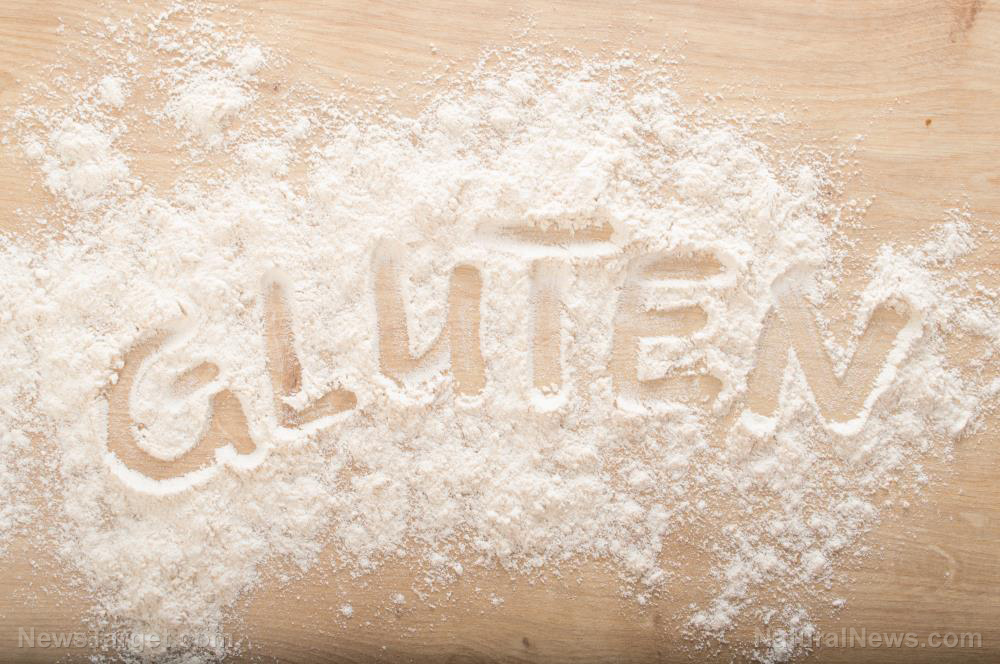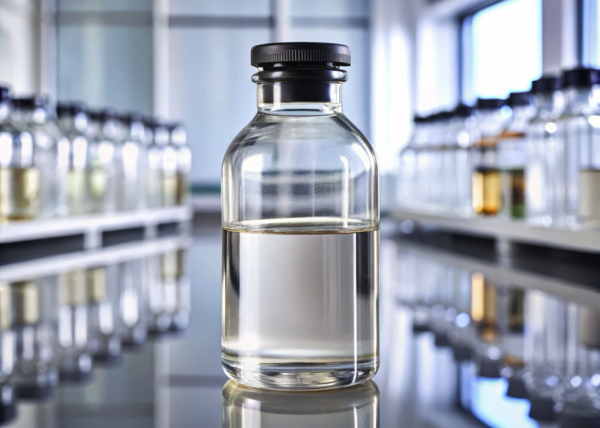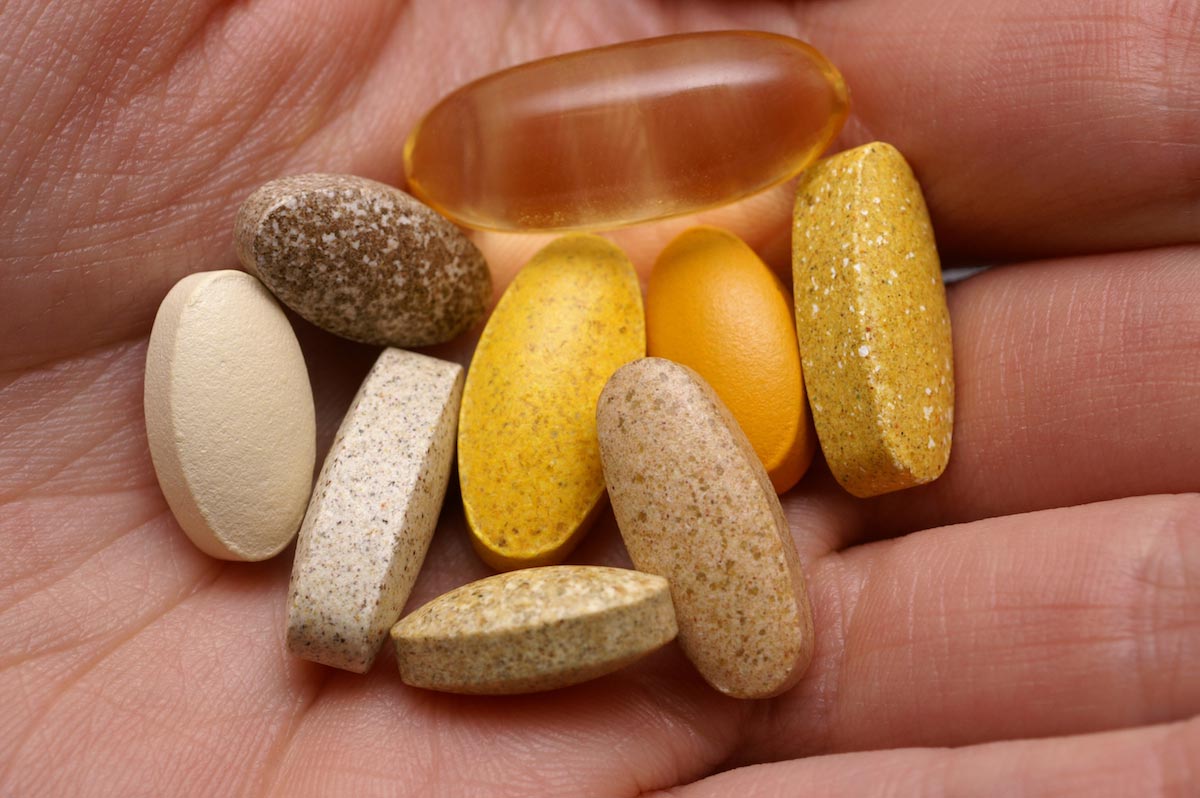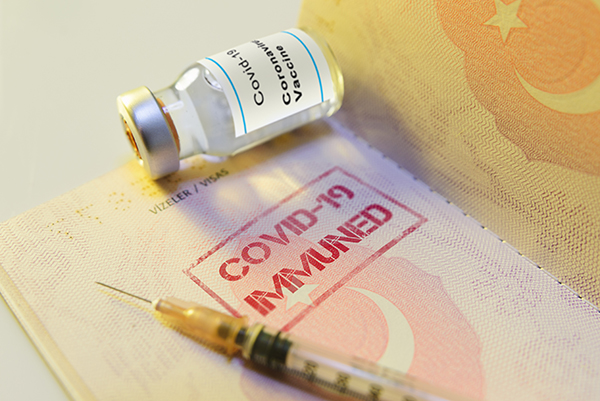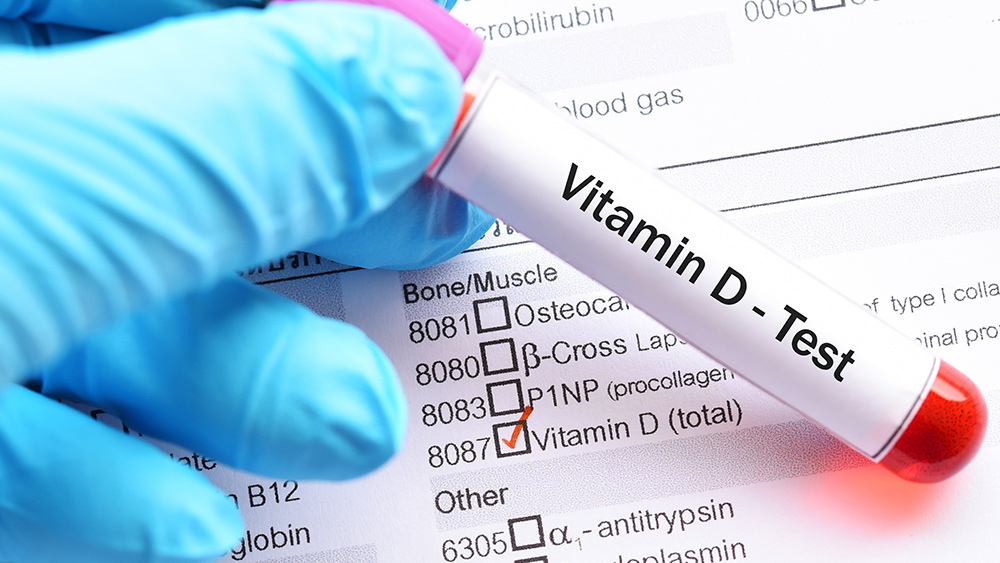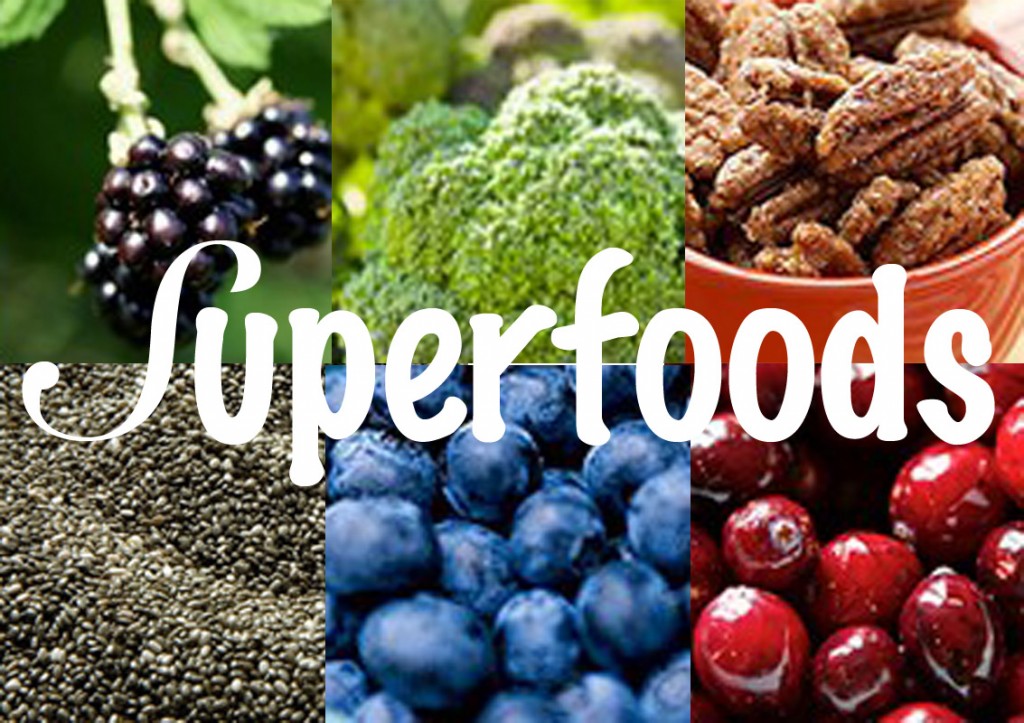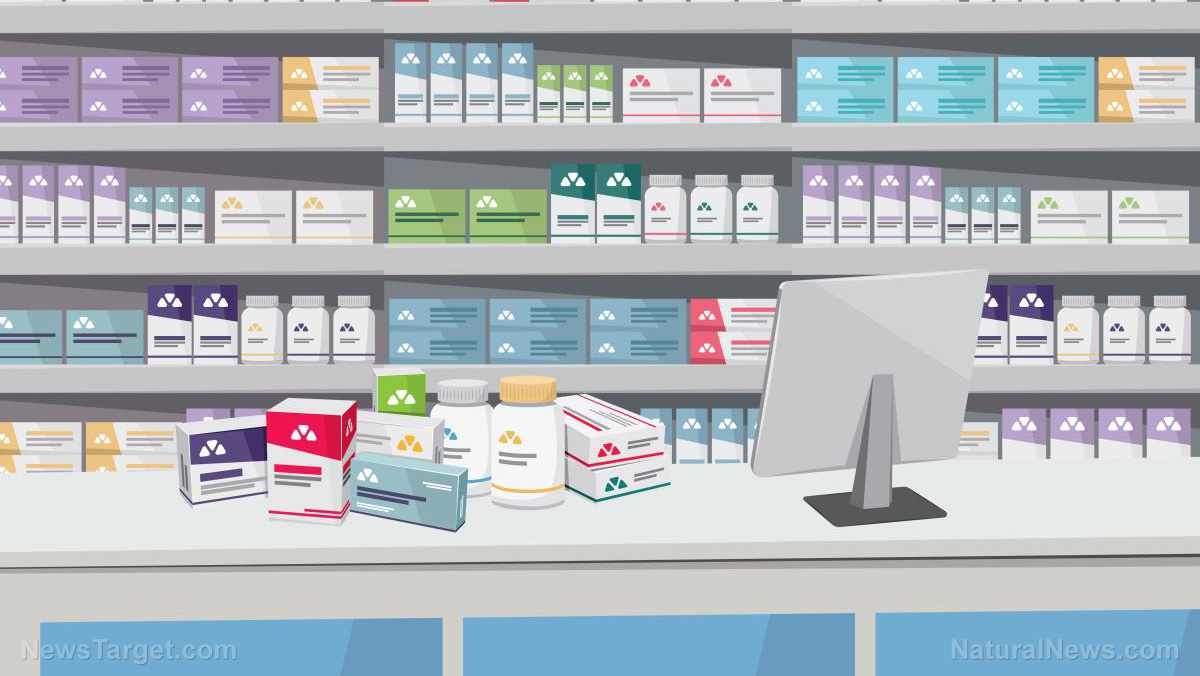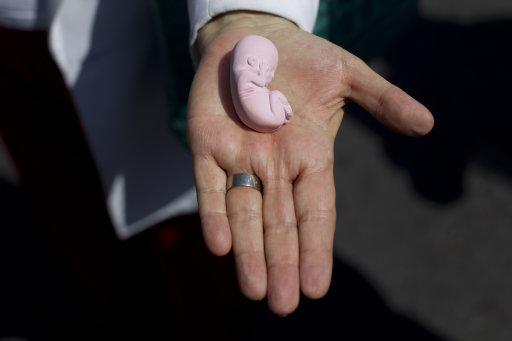Mercury in vaccines tied to autism severity, reveals landmark study
07/07/2025 / By Willow Tohi

- A peer-reviewed study finds thimerosal (a mercury-based vaccine preservative) correlates with higher autism severity in U.S. children across 22 years.
- Rates of intellectual disability among autistic children plummeted when thimerosal was phased out in 2000-2002 but surged again after its reintroduction in flu shots for pregnant women/infants from 2004.
- The CDC’s ACIP recently voted to remove thimerosal from flu vaccines, though dissenting voices claim no harm exists.
- Black and Hispanic children face higher autism severity rates, linked to reliance on thimerosal-containing multi-dose vials in Medicaid programs.
- Experts urge parents to avoid thimerosal during pregnancy, use single-dose vaccines and prioritize detox strategies to mitigate toxin exposure.
In one of the most comprehensive studies to date, researchers have discovered a direct statistical link between the presence of thimerosal in vaccines and the severity of autism in children. The findings, published in Science, Public Health Policy and the Law, reveal that autism-related intellectual disabilities rose and fell in tandem with thimerosal policy changes over two decades. As public health watchdogs demand accountability, the CDC’s recent move to remove mercury-based preservatives from flu shots signals a begrudging acknowledgment of risks—and underscores the urgent need for systemic reform to protect vulnerable populations.
The thimerosal-autism severity connection: A 22-year trend analysis
Dr. Cynthia Nevison, the study’s lead author, analyzed CDC data on 4,960 autistic children from 1992 to 2014. Among her key findings:
- 1992: 48% of autistic children had intellectual disabilities (IQ under 70).
- 2000-2002: Following thimerosal’s removal from most childhood vaccines, the rate dropped to 31%—a 31% decline in severe cases.
- 2004-2014: After thimerosal reappeared in flu shots for pregnant women and infants, the rate climbed to 41%—mirroring pre-2000 levels.
“This trend contradicts claims that rising autism rates are purely due to better diagnoses,” explained Dr. James Lyons-Weiler of Science, Public Health Policy and the Law, the journal that published the study. “The data show thimerosal’s elimination reduced harm—and its return worsened outcomes.”
The thimerosal timeline:
1999: CDC, AAP and manufacturers agree to phase out thimerosal “out of an abundance of caution” amid autism’s rise.
2001: Removed from most childhood vaccines, except multi-dose flu vials.
2004: CDC recommends flu shots for pregnant women and children under 2—many using thimerosal-containing multi-dose vials.
2006: Flu shot recommendations expanded to children under 5; autism severity rates begin climbing.
2025: CDC’s Advisory Committee on Immunization Practices (ACIP) votes to ban thimerosal in flu vaccines, noting 60,000+ pregnant women still received mercury-containing shots in 2019–2020 alone.
“The timing is uncanny—and inescapable,” said Karl Jablonowski of Children’s Health Defense. “We’re not just harming kids; we’re repeating the same mistakes that created this disaster.”
How mercury attacks developing brains
Thimerosal contains ethylmercury, which crosses the placenta and blood-brain barrier, accumulating in fetal brain tissue. Unlike inorganic mercury, ethylmercury spikes oxidative stress and inflammation, disrupting neural development. Studies show autistic children retain more toxic metals, with mercury levels linked to behavioral severity.
Dr. Nevison emphasized, “Prenatal exposures during critical brain development leave lasting damage. Even low doses, over time, compound into catastrophic effects.”
Race and class: Who bears the brunt?
Strikingly, the study found severe autism rates disproportionately affect marginalized groups:
- By 2014, twice as many Black children (53%) as white children (33%) with autism had intellectual disabilities.
- Medicaid-reliant families, often given cheaper multi-dose vials, bore brunt exposure. “Flu shots were marketed as ‘safe for all,’ but low-income families paid with their children’s futures,” Jablonowski said.
CDC faces a split—and a crucial vote
The ACIP’s July 2025 vote to ax thimerosal from flu vaccines was unanimous minus one: Dr. H. Cody Meissner, dissenting, argued thimerosal poses no risk. Yet experts panicked, citing Redwood’s data: over 60,000 pregnant women received mercury shots in a single year.
“This is progress, but damage done can’t be undone,” Redwood stated, urging immediate access to mercury-free flu options.
What parents—and public health—need to do now
- Opt for mercury-free shots: Request single-dose flu vaccines for kids/pregnant women; avoid multi-dose vials containing thimerosal.
- Detox support: Prioritize heavy-metal detox diets, supplements (like glutathione and selenium) and structured programs.
- Advocate for reform: Demand transparency in vaccine policies, phase-out toxins like aluminum adjuvants and fund root-cause autism research instead of just managing symptoms.
A crossroads for public health
The Nevison study shines a light on three decades of preventable harm. While the CDC’s policy shift marks progress, millions of children already bear the mercury’s legacy. As researcher Jablonowski starkly put it, “Autism isn’t a natural disaster—it’s a warning shot from democracy’s failures. We cannot un-injure children, but we can stop poisoning future generations.” The question now is: Will regulators act faster than history can repeat?
Sources for this article include:
Submit a correction >>
Tagged Under:
autism, autism truth, big government, Brain, brain damaged, brain function, CDC, harmful medicine, medical violence, mental, mercury, Mind, Neurotoxin, poison, Public Health, toxins, vaccine injury, vaccine wars, vaccines
This article may contain statements that reflect the opinion of the author



